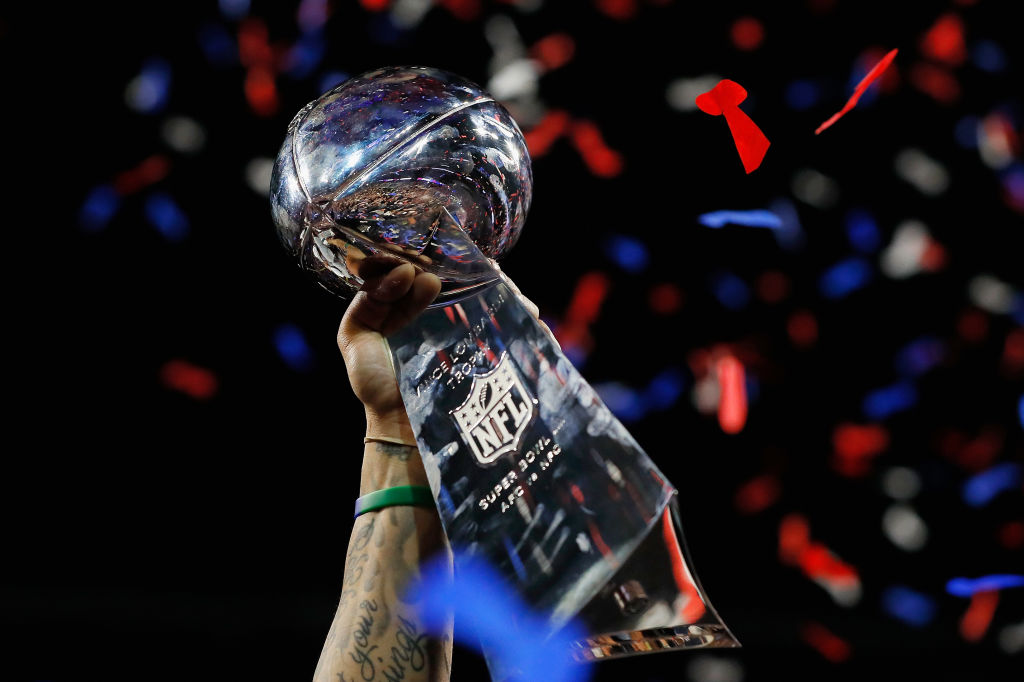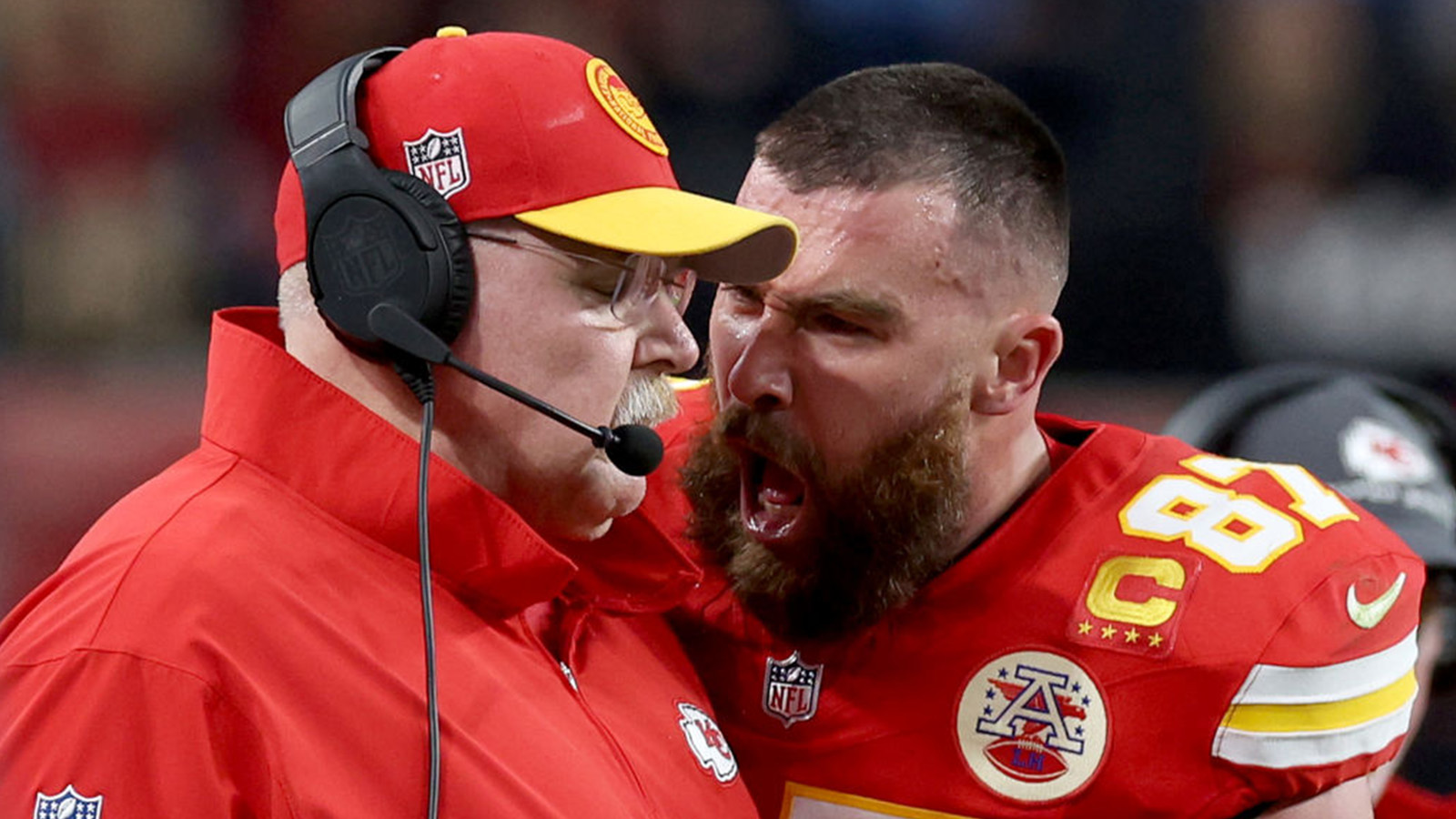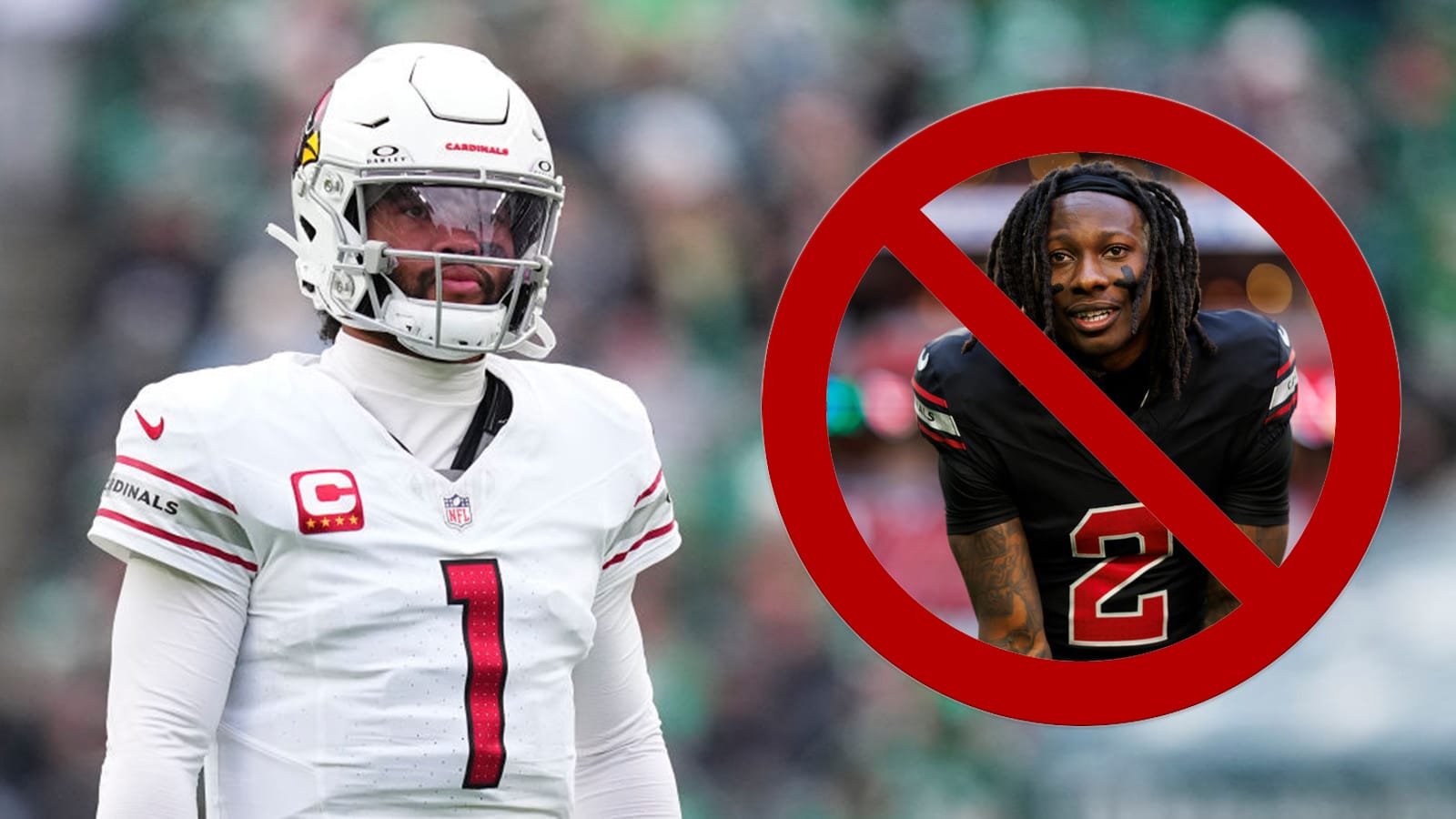
Why Does the NFL Refuse to Move the Super Bowl to Saturday?
Whether you’re watching for the commercials or consider yourself a diehard football fan, just about everyone knows about the Super Bowl. The NFL’s championship game dominates the sports landscape, but there’s one problem: it’s played on a Sunday. Quite a few fans, it seems, would prefer if the game took place on Saturday.
While the customer is usually right, the NFL has no intention of doing away with Super Bowl Sunday. What’s really wrong with moving to Saturday, though?
The history of the Super Bowl
While the Super Bowl has grown into an iconic piece of popular culture, the game itself is actually a relatively recent creation.
In the earliest days of the NFL, the championship was awarded to the club with the best winning percentage at the end of the season. That led to several ties and, in 1932, a single playoff game was used to determine the league title. That one-off game proved to be so popular that the league instituted a postseason the following year.
The Super Bowl, as we know it, however, didn’t arrive until the late 1960s. After nearly a decade of rivalry, the NFL and the American Football League (AFL) decided to merge. While the deal was hammered out in 1966, the merger wouldn’t actually take place until 1970; in the interim, each season would conclude with the AFL-NFL World Championship Game. Kansas City Chiefs owner Lamar Hunt suggested calling the game “the Super Bowl,” and the title stuck.
Once the leagues merged, the Super Bowl became the NFL’s championship game. While things have grown in scale over the years, the fundamentals are still the same: the best team from the NFC and AFC battle it out for gridiron supremacy.
Why is the Super Bowl played on a Sunday?
These days, Super Bowl Sunday is simply a part of popular culture. The NFL and Sundays, however, started as a marriage of convenience.
Historically, Friday was a day for high school football, while college teams played on Saturday; when the professional football began, Sunday was the available day. That reality became codified over time. The Sports Broadcasting Act, which passed in 1961, locked the NFL into Sundays in an effort to protect the lower levels of football.
While there are some exceptions—the NFL has Monday and Thursday night games and plays on a few Saturday games each season—professional football has become synonymous with Sunday. The Super Bowl is no exception; at this point, the big game is essentially an American holiday, known by even the most casual sports fan.
What’s wrong with playing on Saturday?
While sports fans all over the globe can’t wait for each season’s Super Bowl, not everyone is happy about the schedule. Since the game is on Sunday, there needs to be a certain level of moderation; some fans turn in early or feel like they can’t fully celebrate since they have school or work the next day.
NFL commissioner Roger Goodell has heard the complaints, but moving the Super Bowl isn’t likely. At the end of the day, the NFL is a business, and Super Bowl Sunday brings in the big bucks because people are at home to watch the game. While Saturday might seem ideal to the diehard sports fans, the NFL would lose a great deal of the causal audience; on Sunday night, there’s simply not much to do besides stay home and watch TV.
So when this year’s Super Bowl rolls around, make sure to keep your partying in check. Even it the big game feels like a national holiday, you’ll still have to wake up early the next day.



